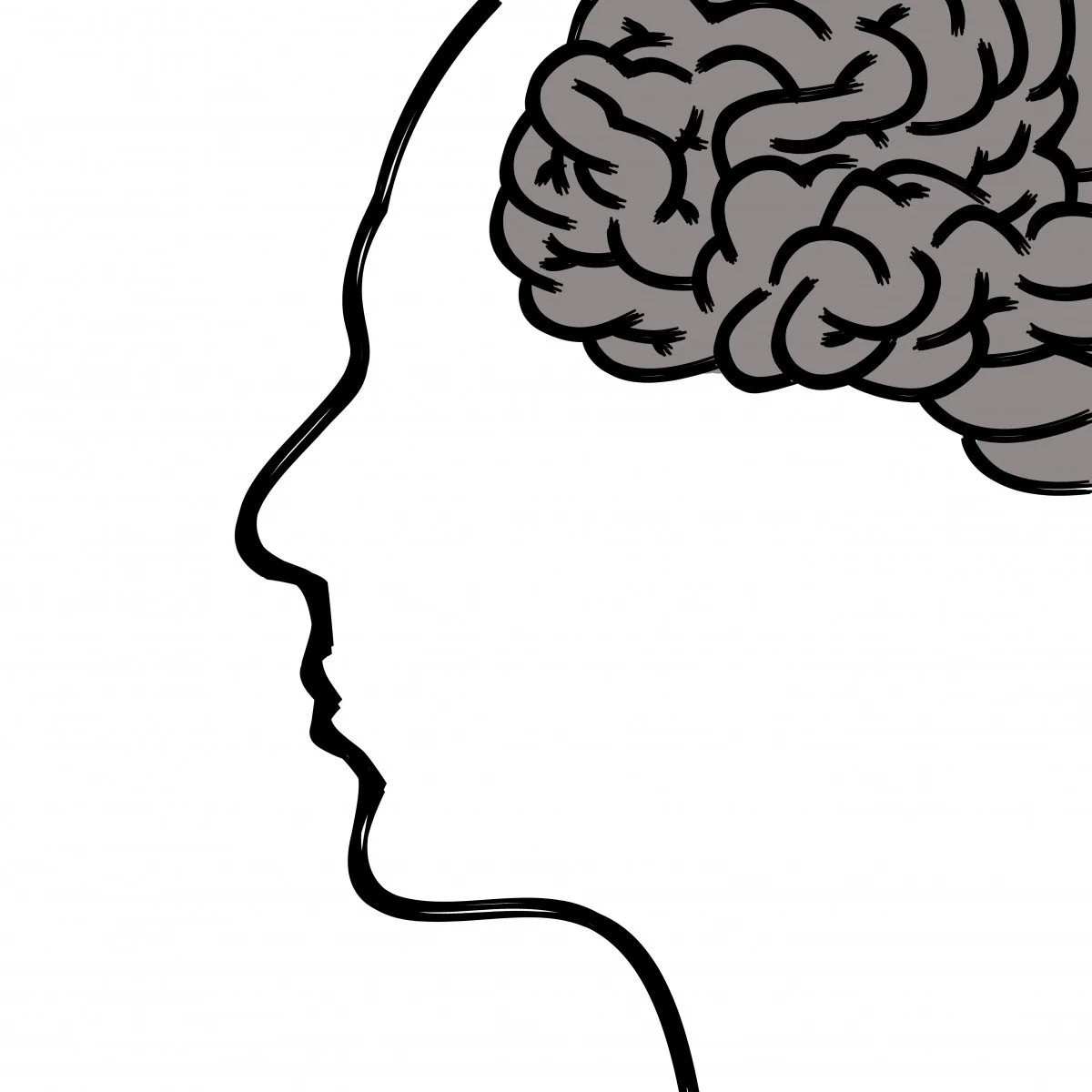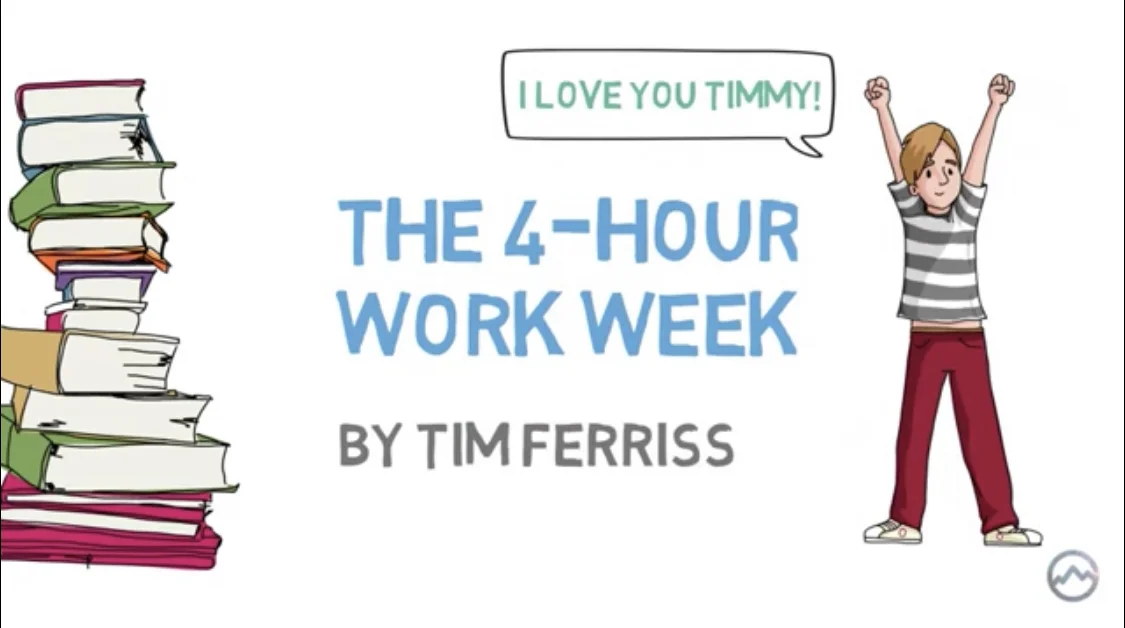Does the Placebo Effect have a dark side? Science has proven that placebos can actually work. We can chalk this up to how belief systems and habits change our brains and the personal narrative we have about ourselves and the world around us. But at what point does the placebo evolve into us gaslighting ourselves? A better sense of self, an awareness of what our brain is consuming, and how neuroplasticity can shift the paradigm from internal struggles to productive challenges could help us from gaslighting ourselves.
Read MoreTL;DR: Resource constraints, like a limited amount of time to complete tasks, has the potential to create more productivity, creativity, and efficiency. The more we are “backed into a corner”, the more likely we may be to hop outside-of-the-box (given the right mental framework). This could be attributed to resource constraints creating adrenaline, forced decisiveness, and/or more readily applying Occam’s Razor, Essentialism, The Theory of Constraints, and Parkinson’s Law. In this case, having less may actually help create more, both in unique quality and priority, as long as self-regulation is intact. This may create an automatic response paradigm shift when self-regulation is applied.
Read MoreMore and more I am observing conversations (which often turn into debates) between individuals who do not know what they are optimizing for within the conversation, nor are even discussing the same situation to begin with. People may enter into a conversation regarding the same topic, but context is never established.
Read MoreEverything we do is being consumed by our brain, which in turn influences how we think, react, and make decisions. The habits we consistently implement strengthen our brains to think, react, and decide accordingly. When we are in a state of chronic stress due to our habit of preparing for the future, yet finding ourselves in a state of preparation to attempt to manage the stress, those tendencies keep us away from the present moment and become our normal way of being, further feeding stress. This necessitates a Systems Thinking, Backwards Designed approach to automate our brains via Mindful habits to shift us from being reactive to proactive.
Read MoreWorking in education is extremely personal. It melts into nearly every crevice of our lives and is often a big part of our identity. Our natural devotion, paradoxically, is what can make us great and what can be our greatest burden.
Read MoreAs you grow and learn the validated scope of your business, it is imperative to know how to evaluate yourself and know you are working on the right things.
Read MoreHow can we know the literature we are choosing for our kids to read are inclusive and diversely authentic?
Read MoreI began skeptically studying mindfulness in 2017 after I had given my initial proposal for my doctoral research. I begrudgingly looked into mindfulness, a hippy-like practice that seemed too benign to make a difference in teacher stress or motivation. From the simplicity to the science of it all, the acquisition and practice of mindfulness became quite clear and necessary.
Read MoreHow can contemplative techniques and the acquisition of mindfulness impact or be impacted by mental attitudes and consciousness? Theorizing a ‘the chicken or the egg’ correlation.
Read More“Working with Difficult and Resistant Staff” (Eller & Eller, 2011) outlines the mindsets and behaviors of various types of staff members in the educational setting, allowing readers to not only reflect on their colleagues and current work environment, but themselves as well.
Read MoreEducational technology is only as good as the pedagogy behind it. Furthermore, educational technology should also evolve our pedagogy.
Read MoreThe academic achievement gaps we see in schools today are a direct result of the opportunity gaps that exist in and outside of the education system.
Read MoreA great summation of Tim Ferriss’ “The 4-Hour Work Week.”
Read MoreNo matter what your opinion is on CrossFit, it’s hard to disagree with the approach to equitable opportunities it has created for the world. Any organization, whether it is a school or a corporation, should be striving to provide everyone involved intentional opportunities to grow at their current capacity.
Read MoreIf a leader gives everyone the correct map, how do they help transform everyone’s behaviors and attitudes along this journey?
Read More



















